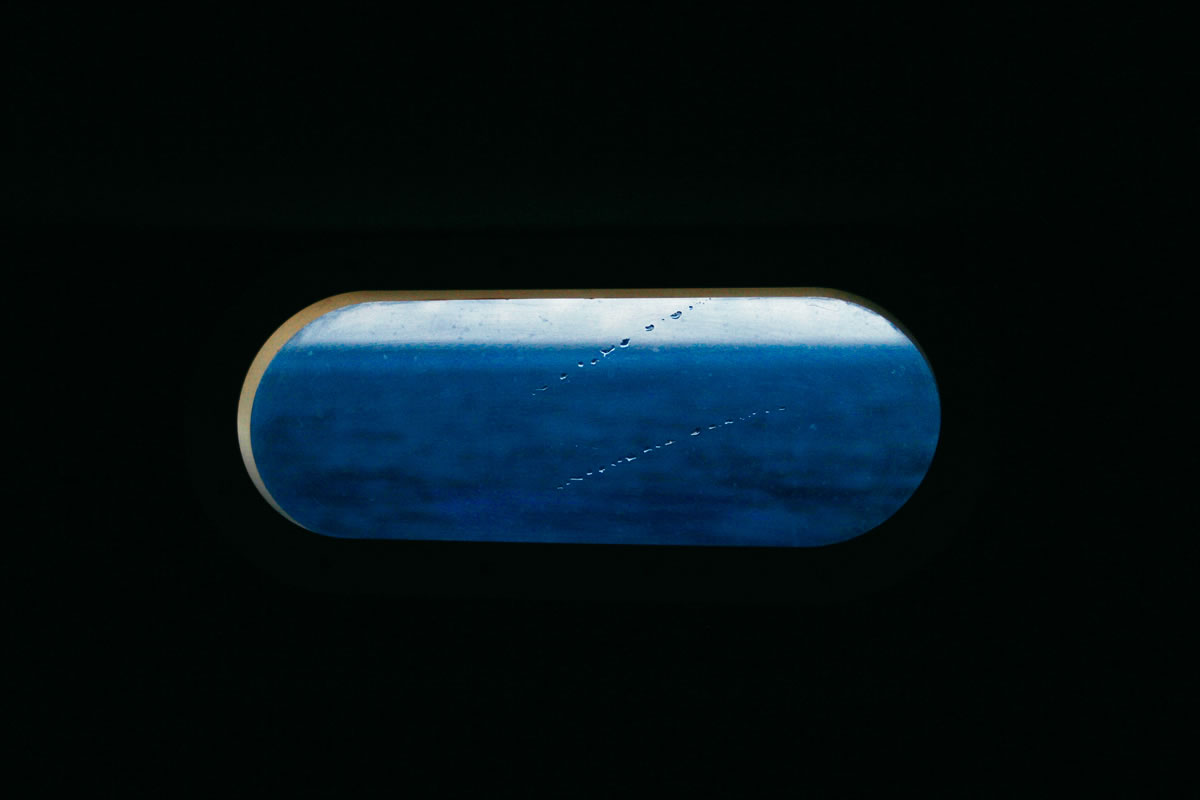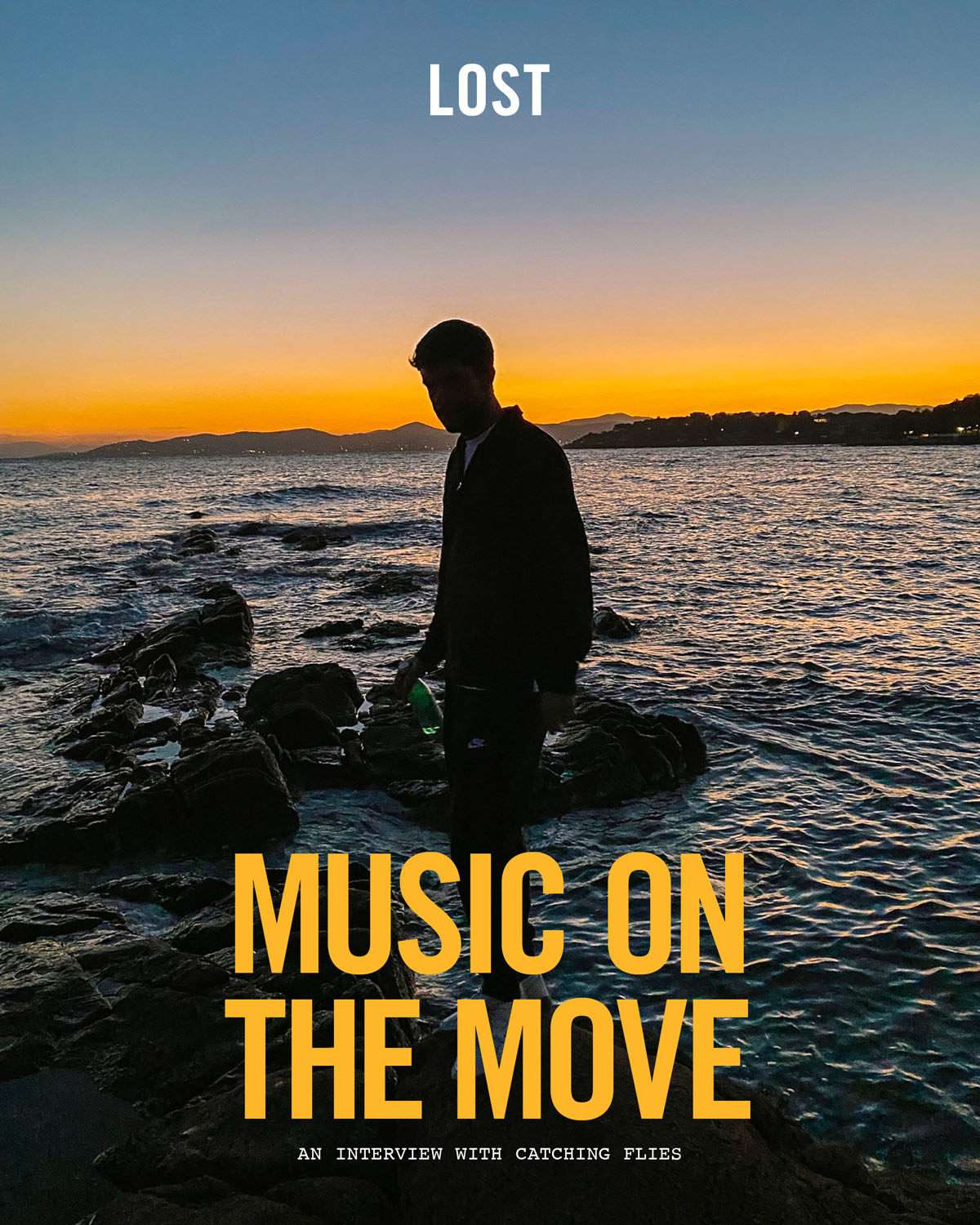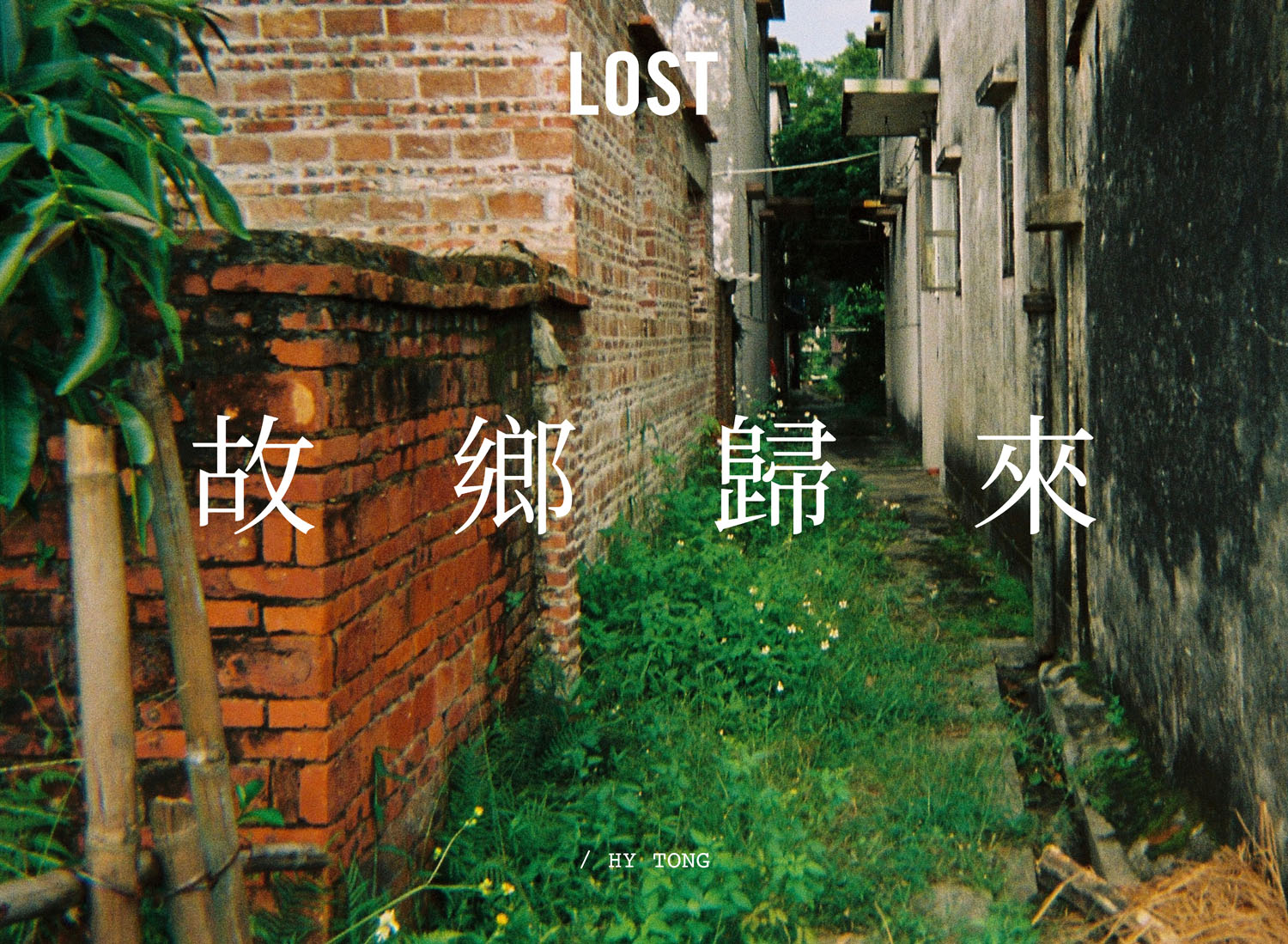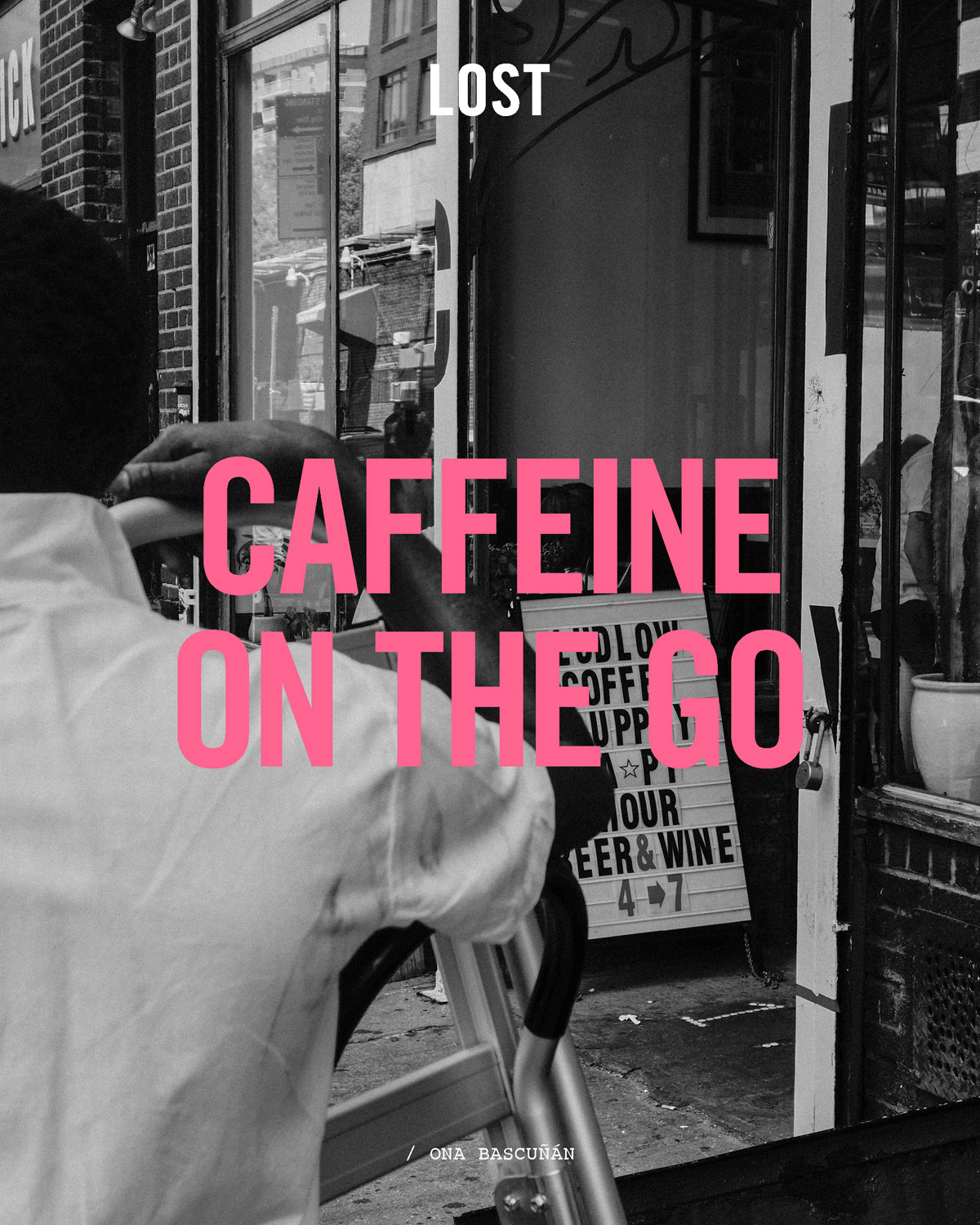BY AARON CHAPMAN
My grandfather-in-law is The Old Man and the Sea. A step inside his home is a step into a story. Picture frames on every inch of wall, a nostalgic fade to the film behind the glass. He had more hair then but his eyes remain young. Firm. Compassionate. They stare back at you in each photograph. They share the loving fear of being at sea, the times heeling through storms and the tales of catching record-sized Kingfish.
My grandfather-in-law is a conservative man who wears an anchor tattoo across his heart. He’s never let geographical lines in the sand separate him from the ocean. As soon as the Civil War ended in Mozambique he crossed the border from South Africa into the deep country as an unwelcome white man. Bullet holes meant empty houses, and birds hadn’t returned since the first gunshot. He drove past landmines, ambushed and abandoned vehicles charring in the sun until he reached the sand, the safest course. Seventy kilometres north at low tide. He set up camp in an elephant reserve and paid the neighboring village chief a handsome sum of food each time he returned over the next ten years. When the camp burned, he swapped the blue sea for the green greens of a golf course in Natal.
妻子的祖父的故事就像《老人與海》。故事從踏進他的家門開始。相框掛滿了每一寸墻面,相框後的照片散發出懷舊的色彩。那時,他的頭發更加濃密,然而現在,他的雙眼依舊年輕。堅定。慈悲。那雙眼透過每一張照片回望於你。那雙眼講述了在海上的愛與懼,和那些橫穿暴風雨的時刻,以及捕捉創下記錄的國王魚的故事。
妻子的祖父是一個保守的人,他在左胸前穿過心的地方刻有一個錨的紋身。他從不讓沙地這樣的地理界線阻隔自己與海洋。莫桑比克的內戰一結束,他就以一個不受歡迎的白人身份,越過南非去到了偏遠的鄉村。子彈令所有的房屋千瘡百孔、空空如也,鳥兒在第一聲槍響後再也沒返回。烈日下,他開車經過地雷地,經過燒焦的伏擊車輛和廢棄車輛,一直開到沙地,那是一條最安全的路線。在退潮的時候以北七十公裏。他在一個大象保護區設立營地,接下來的十年間,每一次出海回來,他都會給鄰村村長帶去可觀的食物。後來營地被燒毀,他換了工作,離開了藍色的海洋,去了納塔爾一個高爾夫球場的綠色草坪。
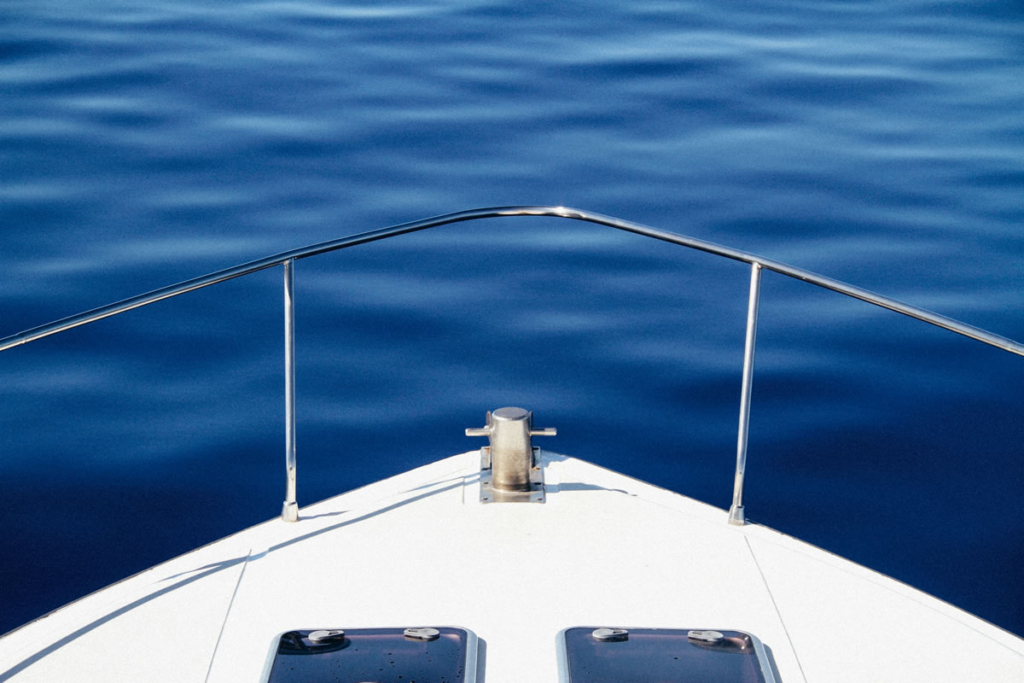
My grandfather-in-law is taking his tribe of posterity on a holiday by the sea. From several thousand feet above, the former French Colony of Mauritius is a postcard paradise saturated by colour like the stand of some souvenir shop. Roughly the size of Tokyo, the one and only island of Mauritius is at sea following the currents between Africa and Australia in search of whichever archipelago or atoll it lost.
The plane descends into its verdancy. We feel important and insignificant, lucky enough to not be dreaming. We are on the tip of an underwater mountain in the middle of the Indian Ocean.
妻子的祖父正帶著子孫後代們在海邊度假。從幾千英尺的高處俯瞰,這裏是毛裏求斯的前法國殖民地,就像在一些紀念品商店裏陳列的明信片一樣,它具備的飽和色彩如同明信片裏的天堂。它與東京的大小相似,位於非洲和澳洲的洋流之間,是毛裏求斯散落在群島之外的唯一孤島。
飛機降落在一片綠洲,我們感到既重要又渺小,為這一切竟然不是在夢中而感到足夠幸運。我們就站在印度洋中部海底山脈的頂峰。
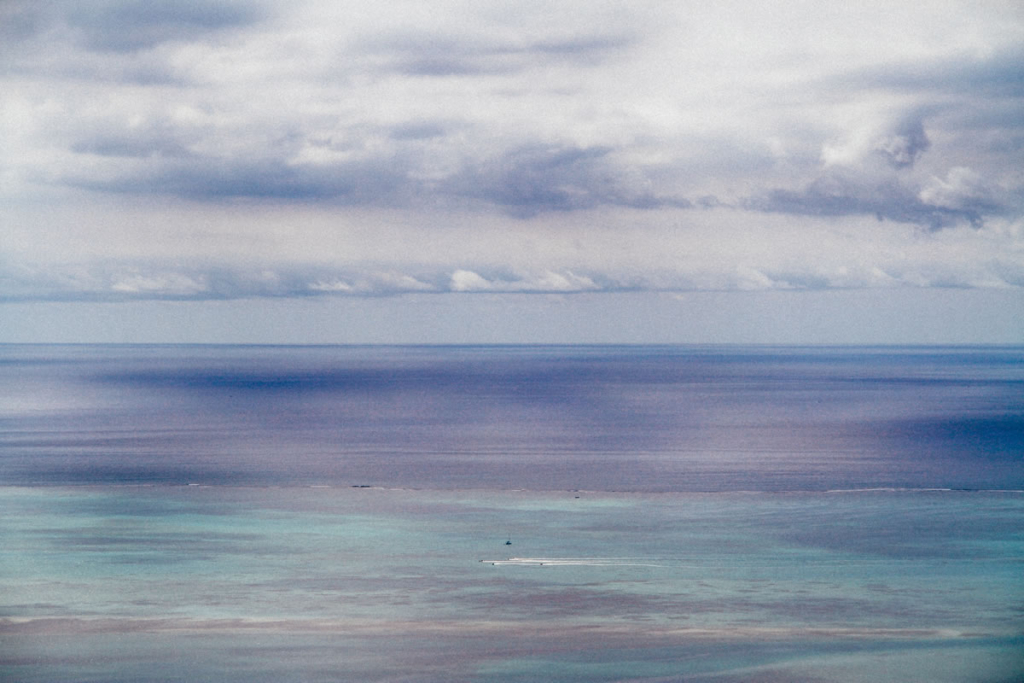
We’re stuck in peak hour traffic and travelling no more than one roadside home a minute. Only metres from the highway’s curb are thriving front yard vegetable gardens where a green lawn would normally lay. The houses amalgamate with cultural heritage and post-colonial architecture. Neighbourly walls hedged with smashed mirror pieces and broken bottles to prevent intruders, or perhaps to chandelier the light that burns here hotter than almost anywhere.
Our bus driver takes us further through the island as the sun begins to set, the silhouette of the island’s tallest mountain becoming part of the night. Tall sugar cane take the shape of wrought-iron spires in the fields where square pyramids of collected volcanic rock are just monuments of labour. The cooler air makes itself known as we near the ocean. Everything is quiet and dark with evening. A different beauty waits for day.
我們被堵在交通高峰期,一分鐘都經過不了路邊的一戶人家。高速路邊僅幾米外是長滿蔬菜的前院,那裏通常應該種的是草坪。房屋繼承了當地的文化,融合了後殖民建築的特色。鏡子碎片和玻璃碎片,被用來圍擋在鄰墻上以防止外來者侵入;也或許是為了反射屋內吊燈的光,讓光亮更強。
日落時分,巴士司機載我們穿過島嶼去到更遠的地方,島上最高山脈的輪廓融成了夜色的一部分。田地裏,高高的甘蔗呈現出鐵欄桿的形狀,采集來的火山巖做成的方椎體只是一個勞動紀念碑。變冷的空氣提示著我們已接近海邊,萬物都隨著入夜安靜和深沈下來。一天中別樣的美麗。
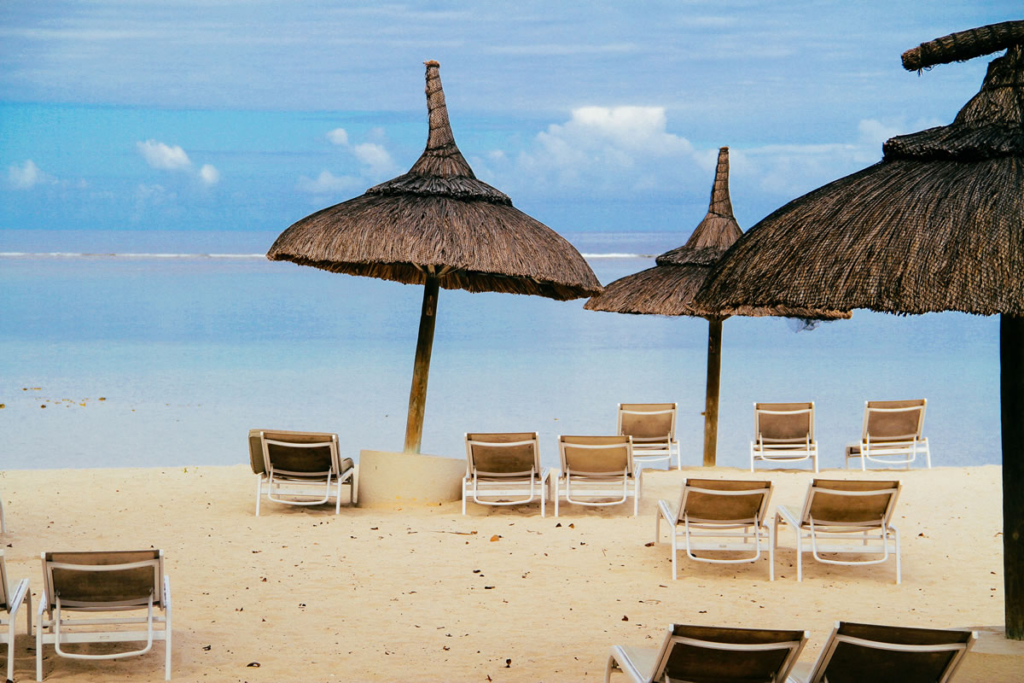
An idyllic screen saver wakes outside my window. Different hues of blue reflect the waters’ depth. A faint teal twenty metres from the doorstep. A cobalt starting where the white of waves crash against the edge of the lagoon. They marry into open relationships before the horizon.
My grandfather-in-law assigns his room number to a Hobie at the shoreline activities hut. Dropped rudder and broad reach in the early morning wind. Clouds collect above the island, afraid to make the long journey to the next continent. A storm looms. I take a Laser and join him in making wake and angles in the Indian. Beneath the beam, beneath his bucket hat, I see the child in his eyes.
在我的窗外,一幅如同電腦屏保般宜人的景色蘇醒開來。海水因為深淺不同而呈現出不同色調的藍。門口臺階的二十米開外呈現淡淡的藍綠色。白色波浪撞擊在環礁湖岸的地方則呈現深藍色。所有的顏色漸漸融合開來直至地平線。
妻子的祖父用他的房號租了海邊活動小屋裏的一個Hobie帆船。在晨風中,降舵、順風行駛的船。在天空上方,聚集起來還等不及飄到下一個路途漫長的島嶼就散掉的雲朵。即將到來的暴風雨。我駕駛著一艘Laser,和祖父一起乘風破浪在印度洋上。船梁下,他的水兵帽下,我看到了他眼裏的童真。
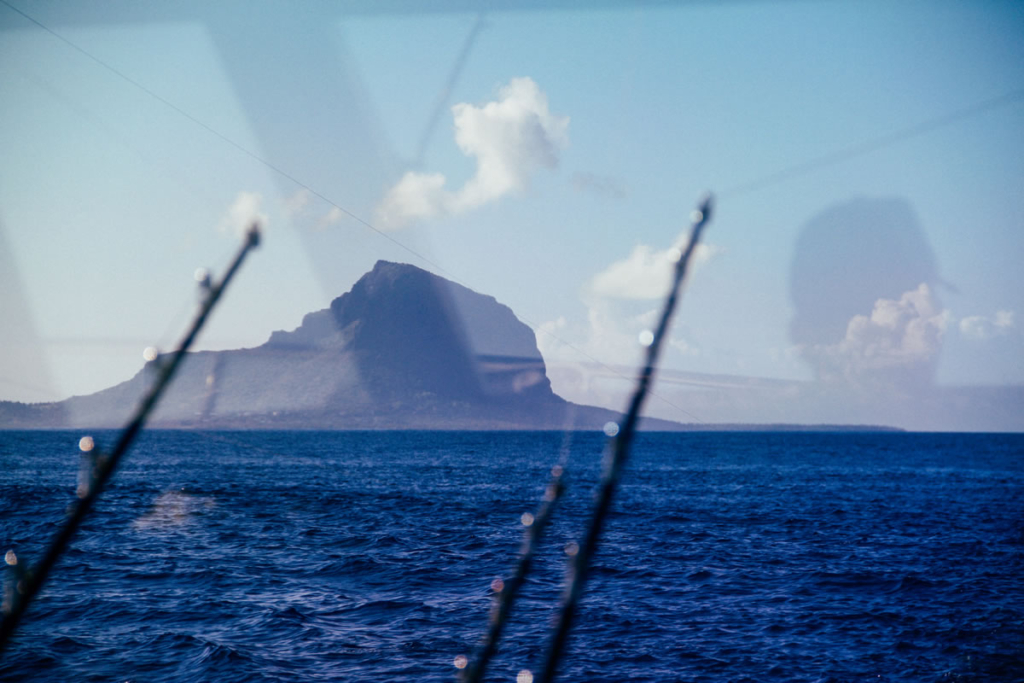
We see the northern and southernmost points of the sixty-five kilometre island as we head further out to sea, further away as we evade rain squalls and chase bait balls marked by frenzying sea birds. My grandfather-in-law stands at the stern watching the island disappear beneath the swell lines in the distance. Hand over his brow like a spinnaker before main sail. No cat’s paws marring this still moment, only blue rippling in his eyes. Five fishing lines pearling in the boat’s wake as they’re dragged over the surface of where the sea birds had flocked. He doesn’t take a reel when one spins toward the horizon. He just stands there behind his grandchildren.
伴隨入海越深,我們得以看見六十五公裏長的海島,從北部延綿至最南端。船在躲避暴風雨和追逐魚群中走遠,魚群中的小魚令海鳥瘋狂。祖父站在船尾,眺望小島消失在遠方湧動的波濤下。他額前的手就像主帆升起前的大三角帆。這一刻的靜止中,沒有貓爪的擾亂,只有他眼裏蕩漾的藍色漣漪。五條漁線撒向海面,被船拖著走,所到之處,成群的海鳥因此而飛開。其中一個釣魚收線器正朝著海面滾去,祖父並沒有撿起它。他只是站在孫子們的後邊。
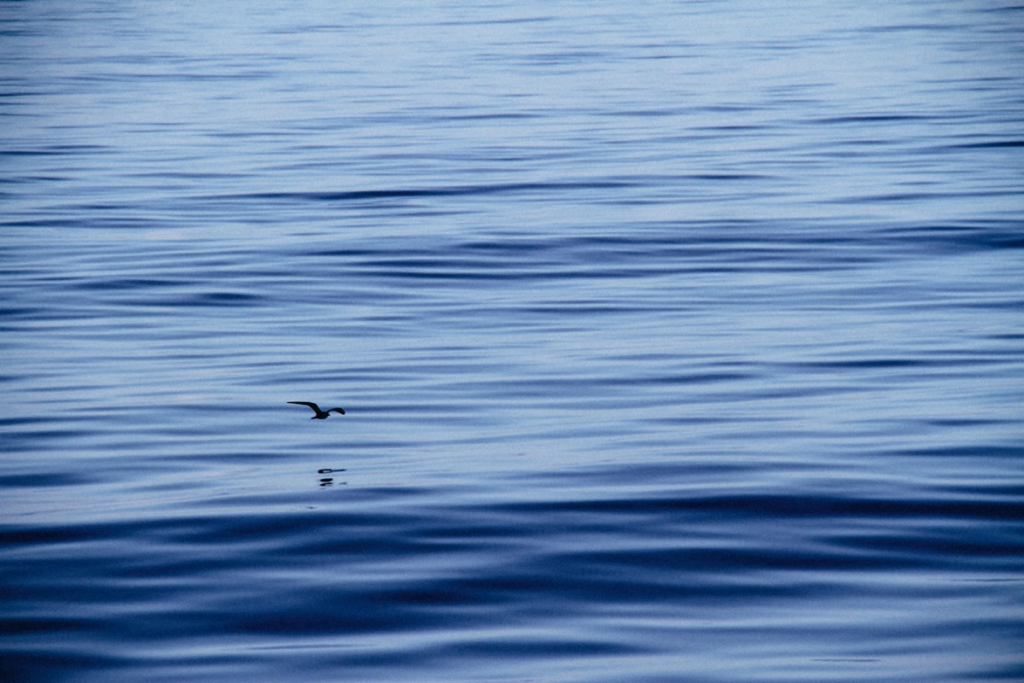
Aaron Chapman is a freelance writer and photographer from Gold Coast, Australia.
www.aaron-chapman.com | instagram: @aaronmchapman
Chinese translation by Aiyu Zhang.
